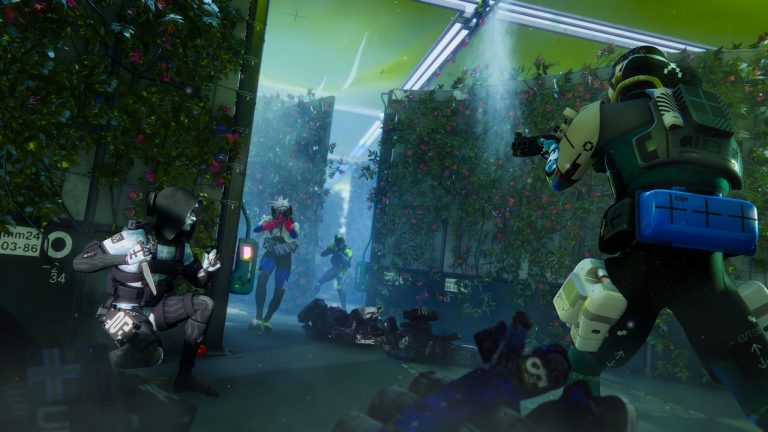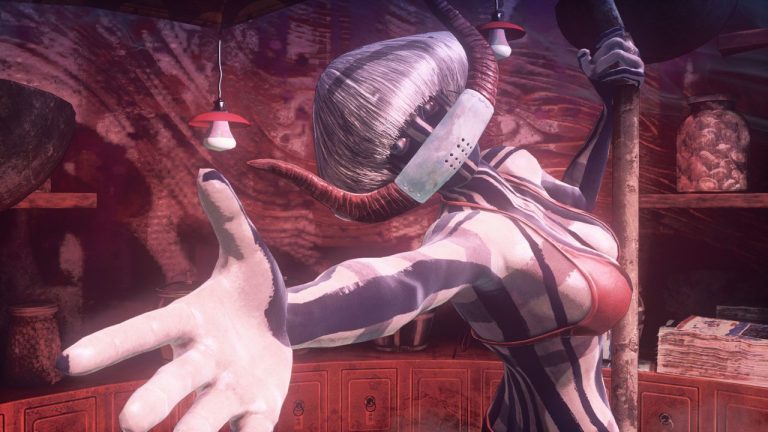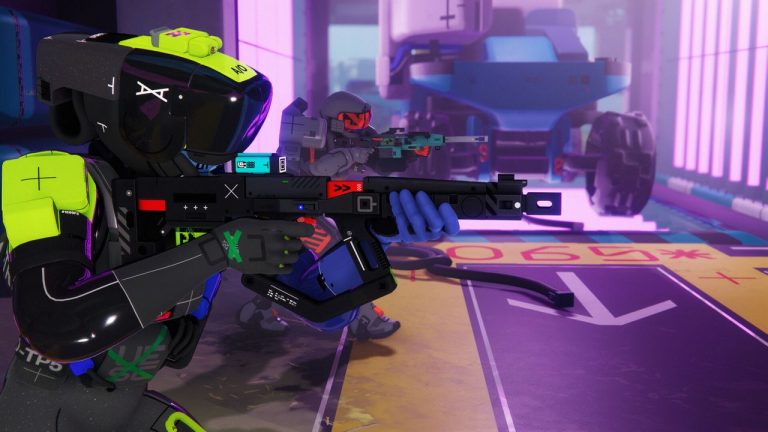Tiny Glade is a game about building rustic old abodes in idyllic pastorals. There are no challenges, there is no narrative, nothing is unlockable and nothing is at stake. This is a meditative digital play object made for tinkering. It’s a creative sandbox with firm boundaries designed to make even the most perfunctory effort yield “beautiful” results.
What is it? A cozy lil’ town builder with no failstates and a relaxing vibe.
Expect to pay $TBA
Developer Pounce Light
Publisher Pounce Light
Reviewed on RTX 3060 (laptop), Ryzen 5 5600H, 16GB RAM
Multiplayer? No
Steam Deck TBA
Link Steam
The toolset is surprisingly slim. Building your grand or modest ol’ manor, or castle, or rundown, is a matter of pressing either rectangular or cylindrical structures together, adjusting their heights and girths, choosing from over a dozen colour schemes, and then applying cosmetics like windows, chimneys and lamps. Terrain can be elevated, paths, fences and brick barriers can be built, and lakes and gardens can be applied to the earth like spray paint.
It all feels a bit limiting until the interplay of building elements reveals itself. For example, if I build a path through a stone wall, an arch will emerge. Even better: if I run a path through the length of a stone wall, a pleasant viaduct-style ruin will result. Elsewhere, if I build three stained glass windows side-by-side, a larger and fancier stained glass window will replace them. Thanks to the free-roaming camera, I can get up close and personal with my remote little outpost, and I can even enter first-person mode if I want to properly mosey through my little Edens.
Tiny Glade constantly reconfigures my world in little ways; it can sometimes feel like collaboration. Placing two modest wooden windows near ground level conjures a nice little stool for taking in the morning air, or sometimes manifests a potted sunflower. There is no option to build my own doors: Tiny Glade usually (but not always!) places them where footpaths and walls intersect. Gorgeous-but-hairy stairwells crackle into existence as I dangerously raise my previously earthbound manor atop a steep mountain. If I quickly remove the terrain beneath a sheep, it floats to the ground with an umbrella. I can pet the sheep, of course, and sometimes if I spend long enough petting it a bird will land on its back.
(Image credit: Pounce Light)
(Image credit: Pounce Light)
(Image credit: Pounce Light)
(Image credit: Pounce Light)
(Image credit: Pounce Light)
It’s all so very nice. A gentle score adapts subtly to the time of day, which can be changed at will or left to run its course. The music also changes according to whichever of the five seasonal themes I’ve selected from the main menu. (There’s a daily theme too, which encourages players to try their hand at certain prompts before sharing on social media. In the pre-release build, I was encouraged to build a “cozy bakery”). The direction of the sun can be scrubbed through as well, all the better to take the perfect snap in the game’s photo mode. Tiny Glade isn’t at all forceful about it, but it definitely wants me to share my beautiful creations online.
It’s all so very nice. So excruciatingly nice. Tiny Glade’s notion of beauty and cosiness is unwaveringly orthodox: everything is awash in a pleasantly low-detail pastel goodness that begs desperately to be loved. The game’s interventionist approach to decorative flair feels fun at first before feeling bossy at times, and at worst, patronising. Tiny Glade’s notion of beauty and idyll is so tried and true, so taken for granted as inarguable, that it’s basically impossible to make anything ugly or messy-looking in it. It’s a game with expression at its heart, that only lets me express in one narrow overfamiliar mode. It’s a creative game that’s leary about my ability to create in its own strict vision, so it fusses around at the edges.
I love the concept of a low-stakes building game with a small but engaging toolset, and Tiny Glade is certainly not the first: see Townscaper, or Summerhouse. Tiny Glade feels more restrictive compared to those two (you can make some quite bizarre settlements in Townscaper, for example), with a sort of Hallmark card conception of relaxing, or cosy, or beautiful, that verges on the banal. This is like the final boss of cosy games in some ways, so cosy it smothers me in its feather-stuffed quilts. Beneath its saccharine veneer—beneath its heavy-handed signalling that it’s chill—is a frustrating dearth of creative agency for the player.
(Image credit: Pounce Light)
But, on the other hand, maybe criticising Tiny Glade for not letting me be as creative as I’d like is missing the point. I could go and play Minecraft’s creative mode, or muck about in Cities Skylines’ sandbox mode, or (gasp at the thought) go and draw an IRL picture. Perhaps it’s better to think about Tiny Glade as a toy; I wouldn’t criticise a train set for not letting me meticulously design the trackside buildings.
To be fair, those toys allow the player to fill in the gaps with their imagination, but the raw materials of Tiny Glade—its artfully mossed stone blocks, its perennially smoking chimneys, the slight picture book crookedness of its structures—don’t really leave me much room to imagine. All it makes me feel is, well, isn’t this nice. Isn’t this a nice thing for people who like nice things.












